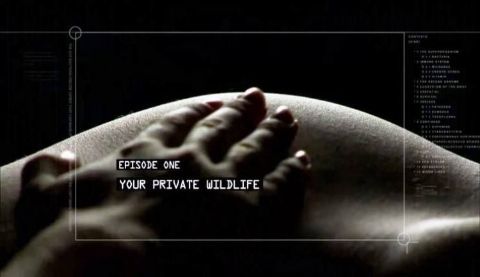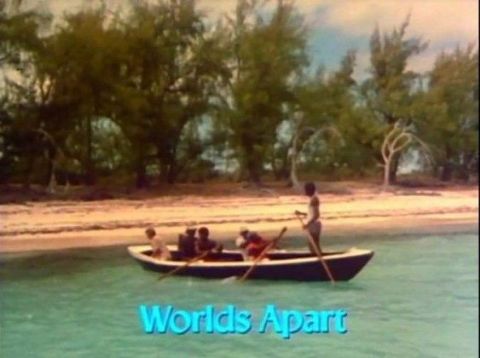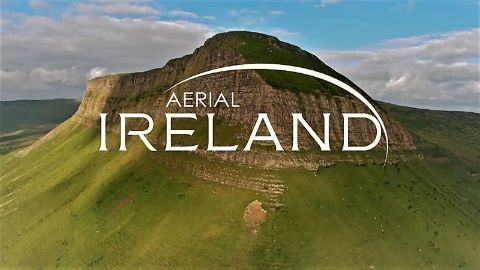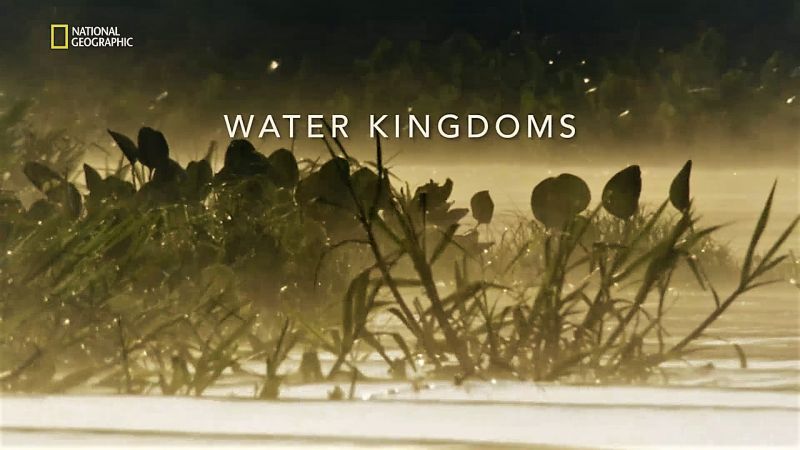Superhuman • 2014 • episode "S1E2" • Life on Us
Takes us into the world of digestion and its amazingly complex environment.Our health, body shape, mood and even our evolution are determined by the unseen life forms that swarm throughout our bodies. There are worms in your bowels, bacteria in your mouth, fungi in your lungs and even viruses in your DNA.The combined genetic information of all these bugs is more than 150 times greater than our own genes. Their cells outnumber our own by 10 to 1. This collective menagerie is called the microbiome, and in a very real sense, it is the making of us all.
Make a donation
Buy a brother a hot coffee? Or a cold beer?
Hope you're finding these documentaries fascinating and eye-opening. It's just me, working hard behind the scenes to bring you this enriching content.
Running and maintaining a website like this takes time and resources. That's why I'm reaching out to you. If you appreciate what I do and would like to support my efforts, would you consider "buying me a coffee"?
Donation addresses
BTC: bc1q8ldskxh4x9qnddhcrgcun8rtvddeldm2a07r2v
ETH: 0x5CCAAA1afc5c5D814129d99277dDb5A979672116
With your donation through , you can show your appreciation and help me keep this project going. Every contribution, no matter how small, makes a significant impact. It goes directly towards covering server costs.







